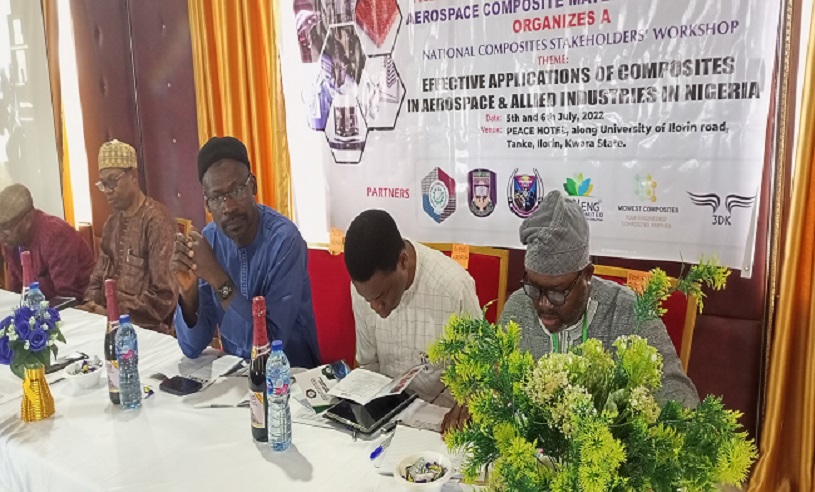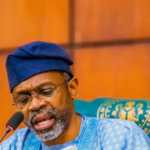Permanent secretary, federal ministry of Science, Technology and Innovation, Mrs. Monilola Udoh, has said that synergy among composites stakeholders in the country is capable of yielding results to the nation’s academic status in aerospace and allied industries.
Speaking at the national composites stakeholders’ workshop, themed, “Effective Applications Of Composites In Aerospace And Allied Industries In Nigeria”, in Ilorin, on Tuesday, the permanent secretary said that the collaboration can also contribute to the body of knowledge, capable to demonstrate visible products for patenting and commercialisation.
ALSO READ FROM NIGERIAN TRIBUNE
- Nurse Holds Doctor Hostage In OAU Teaching Hospital, Resident Doctors Plan Strike
- Woman’s Corpse, Unconscious Man Found Inside Office In Aba After Four Days
- Hoodlums Attack Lagos Governor’s Press Crew Bus In Tinubu’s Convoy, Two Injured
- [BREAKING] #EkitiDecides2022: INEC Declares APC’s Biodun Oyebanji Winner Of Guber Poll
- Top 10 Business Ideas In Nigeria You Can Start With 100,000 Naira
- 2023: Kwankwaso Will Not Be Deputy To Obi —NNPP
- Synergy among composites stakeholders will benefit nation’s academic status
- Synergy among composites stakeholders will benefit nation’s academic status
Represented by Patrick Oguma, Mrs. Udoh also said that there is need for more funding concerning composite development in the country.
Also speaking, the national coordinator of the Advanced Space Composite Laboratory (ASCOLab) located in the University of Ilorin, Dr. Kayode Odimayomi explained that composite means combination of different materials mixed under a defined ratio and temperature to stand the test of time, eg reinforcement by polymer or binder.
“For instance, in the olden days, you have the mud and straw in building houses when mixed together. Nowadays, skyscrapers are built using steel, cement, granite etc. That’s an example of composite.
Dr. Odimayomi, who said that research and development in composite had been domiciled in the academia before now, added that recent involvement of private sector had led to efforts in automobile and aircraft development.
“Recently the private sector has picked interest in it and doing well, mostly in automobile and aircraft development. With the setting up of this ASCOlaboratory, a merger of efforts of universities, polytechnics, private inventors and developers is achieved to form a national body that would be able to pursue a process and resourcing of different products in composite; this in a frontline of taking Nigeria away from engineering/technology products’ consumers to key stakeholders in development, production of composite materials for aerospace, automobile, marine, biomedical and across general construction.
“With the professional body helping out in developing a national policy, and when there’s national policy, there’s a guideline and roadmap to which a room is created for all participants, be it academia, private or natural inventors taking it from experiment base to product level including mass production of composites.”
The ASCOLab coordinator, thus, charged the federal government to help the country, and Nigerians to have a sustainable developed composite products through adequate funding of the laboratory, which, he said, is a rallying point for academia and private sector, “to develop home use, orbit based and sky products of composite in all manner of areas of its able use, more so, since composite resists corrosion, oxidation, weather, etc.”






